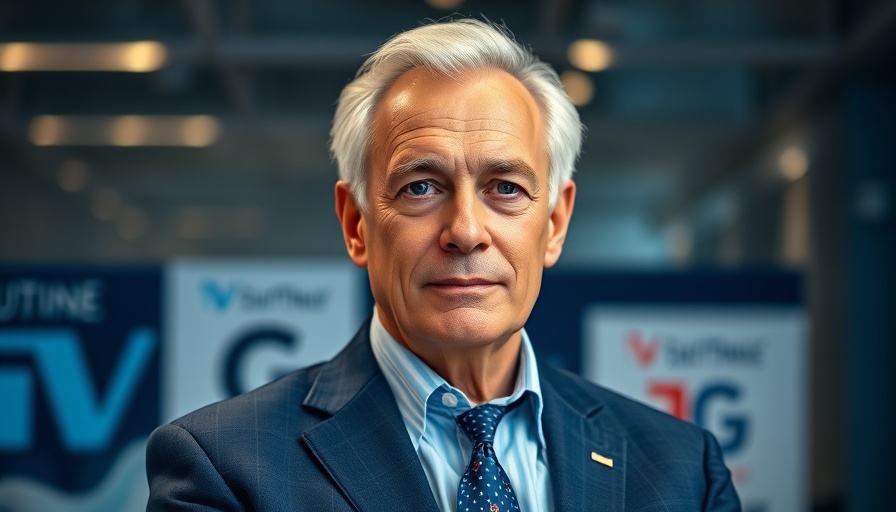
The Transition of Leadership at Berkshire Hathaway: What It Means
The 2025 Berkshire Hathaway Annual Shareholder Meeting held on May 3rd marked a pivotal moment for the company, as Warren Buffett announced his intention to step down as CEO at the end of the year. This decision ushers in a new era under the leadership of Greg Abel, who will manage the company's vast portfolio of wholly-owned subsidiaries with full authority while Buffett remains on as Chairman of the Board. This transition, however, is viewed more as a calculated change than a complete overhaul of management style.
Understanding Greg Abel’s Approach to Management
Abel's appointment isn’t merely symbolic; it reflects a strategic pivot that aims to enhance Berkshire's operational efficiency. Abel emphasized the importance of the company’s “fortress balance sheet,” valuing their significant cash reserves as a strategic asset that will enable them to navigate challenging economic landscapes without relying on external factors. This discipline in financial management is a hallmark of Berkshire's operational philosophy, which prioritizes patience and strategic deployment of capital when opportunities arise.
Insights from the Q&A Session: Buffets Wisdom and Abel's Vision
The Q&A session featuring Buffett, Abel, and Ajit Jain offered rich insights into Berkshire’s ongoing strategies and values. Buffett reiterated a timeless principle for investors: passive investment can yield rewarding outcomes, allowing them to build wealth over time without the pressure of constant management. He also inspired young professionals, urging them to seek mentors and pursue roles that align with their passions. This encouragement to seek fulfillment over mere salary speaks volumes about the culture at Berkshire Hathaway, which has long valued aligning personal interests with professional endeavors.
Financial Discipline Amidst Opportunities
One persistent theme throughout the meeting was the idea that Berkshire Hathaway is not in a rush to utilize its substantial cash pile. Abel remarked, "We’ll deploy it well when we can," underscoring a commitment to making informed decisions rather than reacting impulsively to market conditions. Such a stance demonstrates the company's long-term vision, remaining vigilant for the right investment opportunities, also known as waiting for the “fat pitch.” This disciplined approach is increasingly relevant as inflation and economic uncertainties loom over global markets.
The Importance of a Visionary Mentor
Buffett shared nostalgic insights about his mentorship experiences, highlighting that having a great mentor or teacher can profoundly influence one’s career path. His success wasn’t merely a product of chance; it was cultivated through relationships with individuals who sparked his interest and passion in investing. This emphasis on mentorship not only adds a human touch to his persona but also serves as a guiding principle for aspiring investors and young professionals within the audience.
Forecasting Berkshire’s Future: Trends and Expectations
As the host of the longest-running shareholder meeting, Buffett’s insights continue to hold relevance in today's tumultuous financial climate. The transition to Abel’s leadership comes at a time when the market grapples with rapid technological change and sustainability challenges. Berkshire’s ability to adapt while maintaining its foundational principles may well determine its resilience in a shifting economic landscape.
Final Thoughts: A Call for Engagement
As we witness this historic leadership transition at Berkshire Hathaway, it is essential for stakeholders and investors alike to engage with the evolving strategies and embrace the teachings of its esteemed leaders. Take a moment to examine your own investment philosophies and consider how mentorship can play a pivotal role in your financial journey. It’s never too late to invest in relationships that nurture your interests and aspirations.
 Add Row
Add Row  Add
Add 



 Add Row
Add Row  Add
Add 
Write A Comment